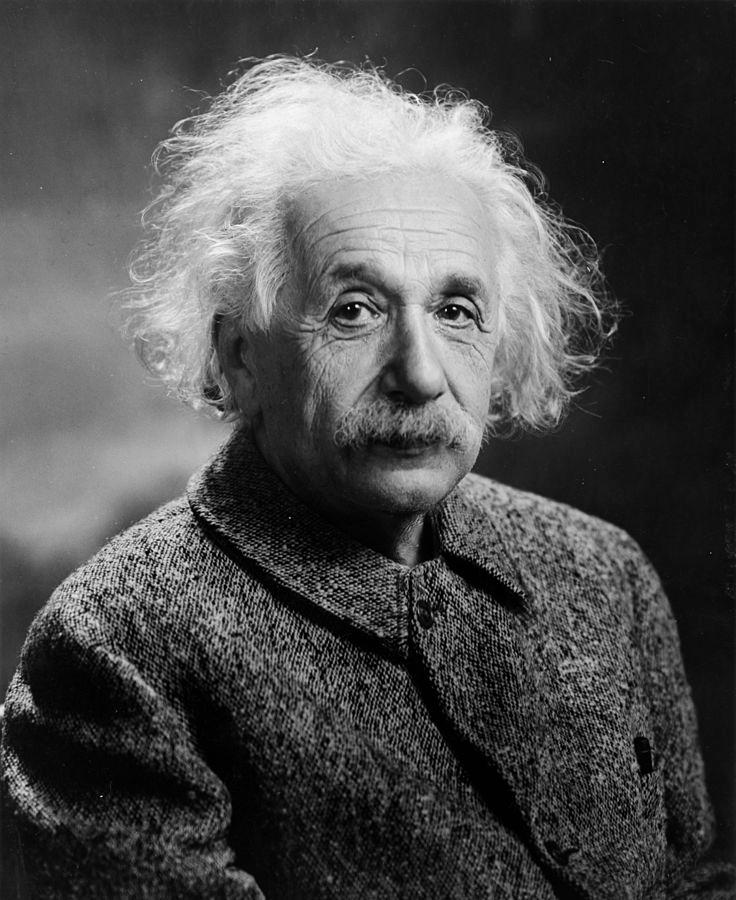The next time your GPS gets you somewhere on time, thank Albert Einstein
Albert Einstein’s work made clear that clocks in space move at a different speed than clocks on Earth. Taking into account those differences is crucial to ensuring GPS’ accuracy.
Imagine this: You and a bunch of friends are hiking through hilly, lake-dotted terrain. And you suddenly realize that no one in your group has any idea how to get back to the state park entrance, where your car is.
What do you do?
Chances are, you've already pulled out your phone and opened up Google maps, using GPS to head back to familiar territory.
But that maneuver wouldn’t be possible if it weren’t for one guy and some very fancy math. That math is commonly referred to as The General Theory of Relativity, and the guy was one Albert Einstein.
“See, the whole idea of GPS is that you put atomic clocks in satellites orbiting the planet, and what a GPS signal is actually broadcasting down from space is a time signal,” says Hiawatha Bray, author of "You Are Here: From the Compass to GPS, the History and Future of How We Find Ourselves."
Einstein’s work made clear that clocks in space move at a different speed than clocks on Earth. Taking into account those differences is crucial to ensuring GPS’ accuracy.
Early systems tested by the Navy were fickle, Bray notes. “You had to wait till the satellite was overhead; it was useless for giving you altitude information.” Building in an “Einsteinian fudge factor” turned out to be key to success.
But it was the government that pushed GPS out of the military and into our daily lives. “The FCC, back in the late 90s, realized that people were shifting to handheld mobile phones,” and a 9-1-1 call from a handheld phone gave little sense of where the call was coming from. So the FCC mandated that some sort of positioning system be built into phones.
Now, though, the question is whether the government knows far too much about us, largely because of GPS.
“I don’t know anybody who’d want to be bereft of GPS,” says Bray. “It has been an amazing technical breakthrough. The problem here isn’t the technology. We have got to figure out how to build hedges around the way it’s used.”
This story first aired as an interview on PRI's Innovation Hub.
